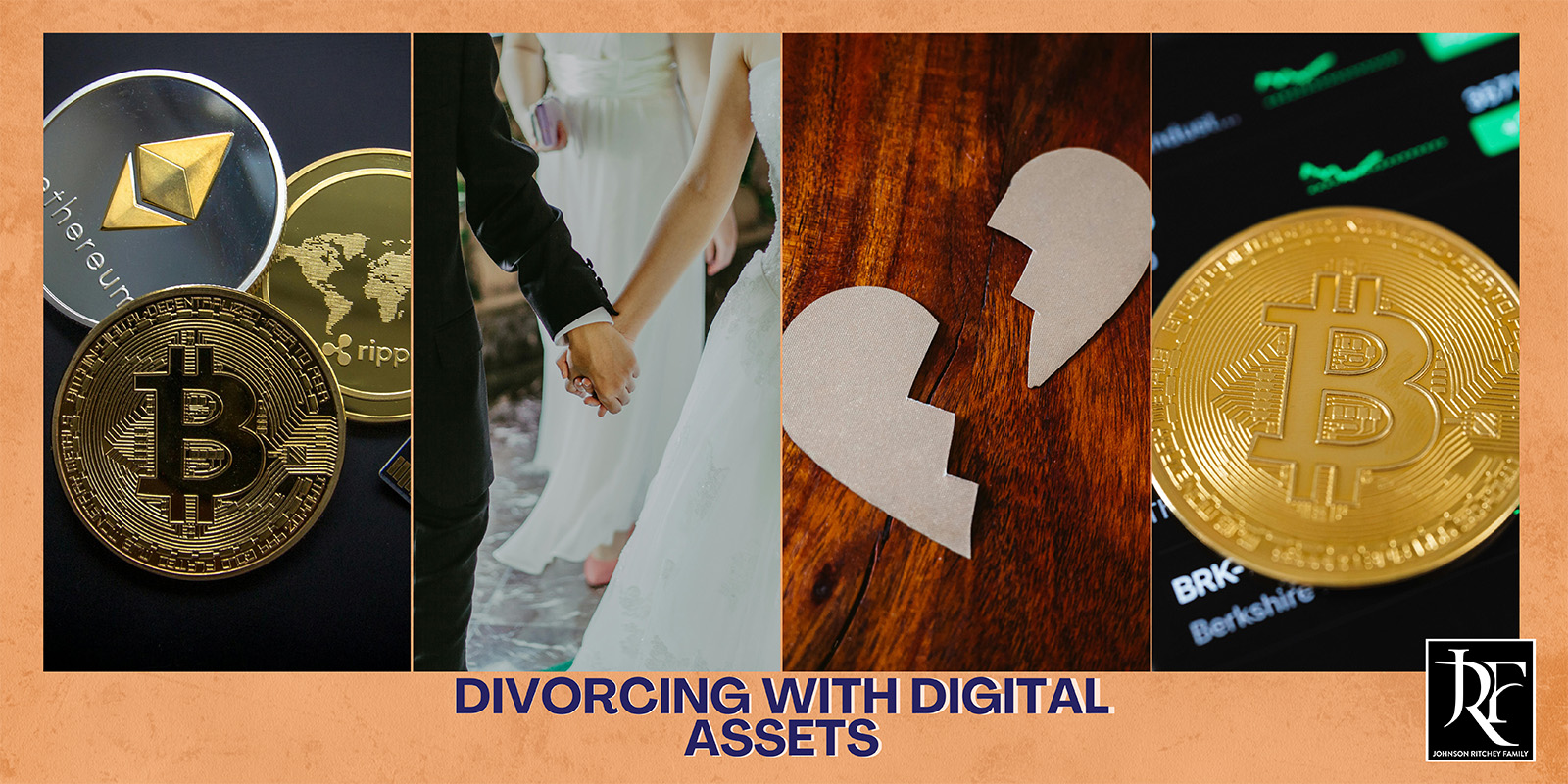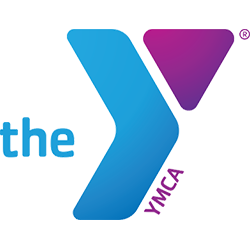Divorcing with Digital Assets 101

In the age of digital technology, divorce proceedings must address not only physical property but also the allocation of digital assets. From cryptocurrency and online accounts to digital media collections and intellectual property, these assets present unique challenges and opportunities in family law. Let’s delve into the complexities of dividing digital assets during divorce proceedings.
What are Digital Assets?
Digital assets encompass a broad range of virtual properties and rights. They can include:
- Financial Assets: Cryptocurrencies (e.g., Bitcoin), digital payment accounts (e.g., PayPal), and online banking or investment accounts.
- Intellectual Property: Copyrights, trademarks, patents, and royalties associated with creative works or inventions.
- Online Accounts: Social media profiles (e.g., Facebook, Instagram), email accounts, cloud storage, and subscription services (e.g., Netflix, Spotify).
- Digital Media: Digital photos, videos, music collections, and ebooks.
- Domain Names: Names and addresses of websites affiliated with the company
Challenges in Dividing Digital Assets
Unlike physical assets, digital assets pose unique challenges in divorce:
- Valuation: Determining the value of digital assets can be complex, especially with cryptocurrencies or digital intellectual property.
- Accessibility: Access to certain accounts or digital assets may require specific permissions or passwords, raising concerns about privacy and security.
- Ownership and Rights: Understanding ownership rights over digital assets acquired during marriage can be intricate, particularly for intellectual property or online businesses.
Steps to Address Digital Assets in Divorce
To effectively allocate digital assets during divorce, consider these steps:
- Inventory Digital Assets: Compile a comprehensive list of all digital assets, including account information and associated values.
- Assess Ownership and Value: Determine the ownership of digital assets and their respective values. Consult with experts if needed for accurate valuation.
- Negotiate Asset Division: Negotiate the allocation of digital assets as part of the divorce settlement. Consider factors such as contribution to asset acquisition and future earning potential.
- Update Legal Documents: Update legal documents (e.g., wills, intellectual property rights) to reflect the revised ownership of digital assets post-divorce.
- Secure Access and Transfer: Ensure secure access and transfer of digital assets according to the terms of the divorce agreement. This may involve changing passwords or updating account information.
Special Considerations for High-Value Digital Assets
In cases involving significant digital assets, such as extensive cryptocurrency holdings or valuable intellectual property, specialized legal and financial expertise may be necessary. Collaborating with professionals experienced in digital asset valuation and distribution can streamline the process and ensure equitable outcomes.
Conclusion
Dividing digital assets in divorce requires a nuanced approach that accounts for the complexities of virtual property and ownership rights. By proactively addressing digital assets during divorce proceedings, individuals can navigate this virtual divide with clarity and fairness.
For tailored legal advice and assistance in navigating the allocation of digital assets during divorce, consult with a knowledgeable family law attorney. Contact us at Johnson Ritchey Family Law in Boca Raton for expert guidance on safeguarding your digital interests in divorce proceedings.














